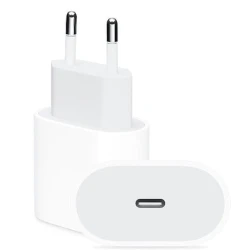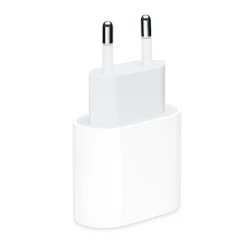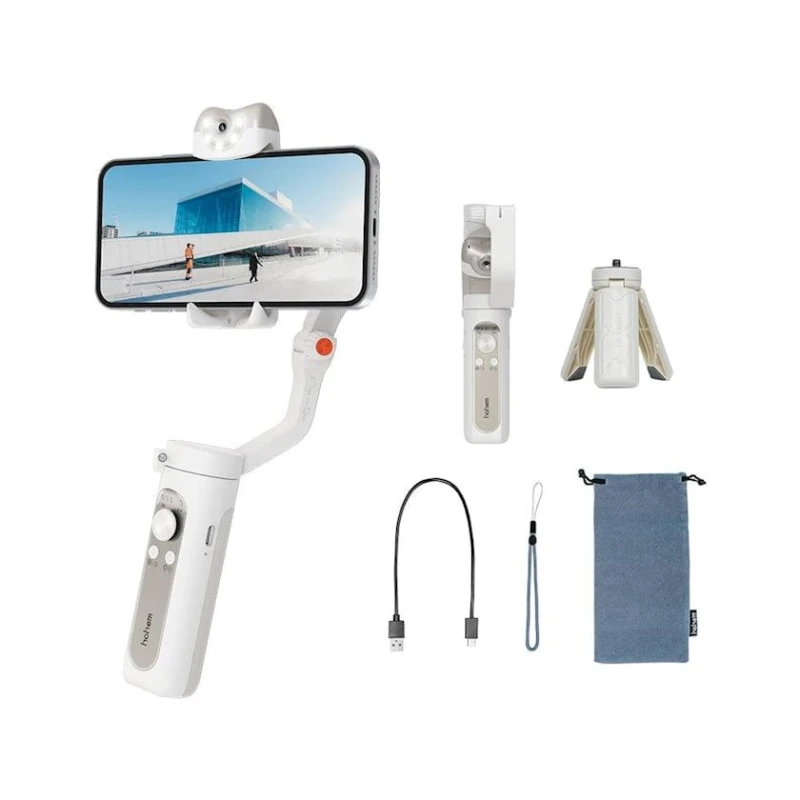
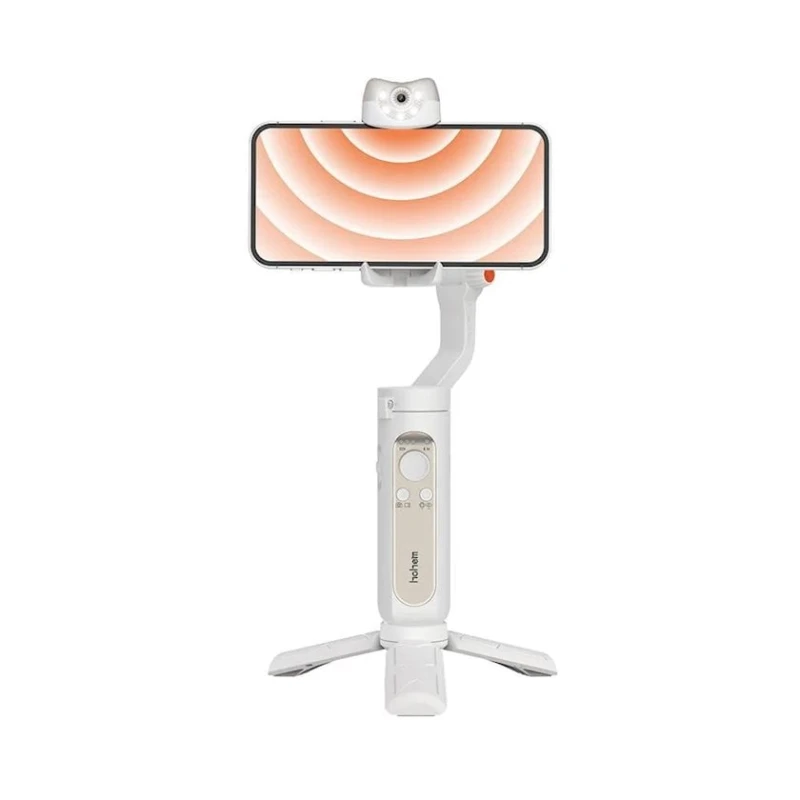
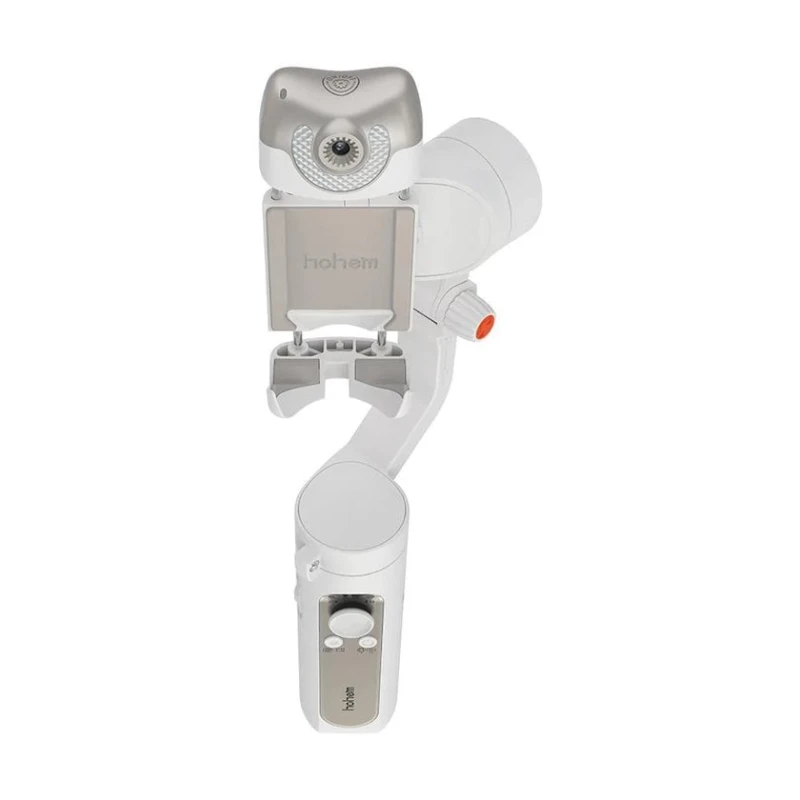
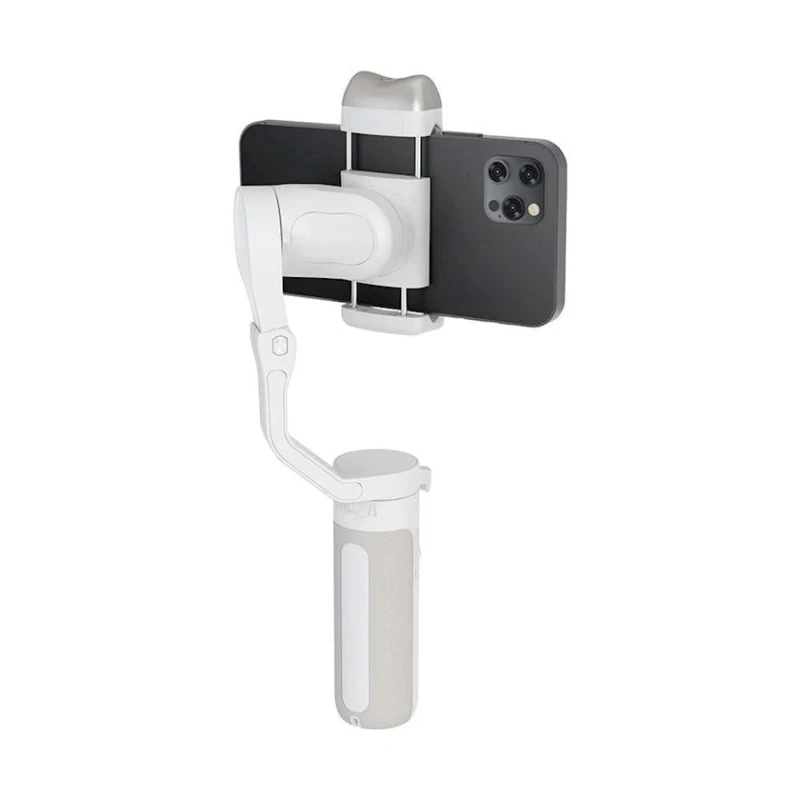
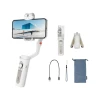
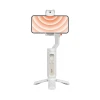
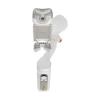
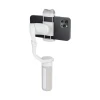
Почему у нас лучше?
Мы дорожим своей репутацией
Задайте вопрос об этом товаре
Монопод-трипод Hohem iSteady V2 White
200.99₼
390.00₼
-48%
в кредит от в месяц
Месячный платеж: --
Полная стоимость: --
Заявку на кредит можно отправить при оформлении заказа
Без налога: 200.99₼
- Доступность: В наличии
- Бренд: Hohem
- Модель: -
- Артикул: 1019172
Возможна оплата при доставке.
Доставка от 50 манат - бесплатно.
Фиксированная стоимость доставки - 5 ₼.
Доставка от 50 манат - бесплатно.
Фиксированная стоимость доставки - 5 ₼.
Возврат возможен в течение 14 дней после получения товара, если у него сохранен товарный вид.
Бракованный товар — можно оформить в рамках гарантийного срока.
Чтобы вернуть товар, просто оформите возврат в Личном кабинете.
Бракованный товар — можно оформить в рамках гарантийного срока.
Чтобы вернуть товар, просто оформите возврат в Личном кабинете.
Тэги:
монопод трипод Hohem iSteady V2 White
, стабилизатор для смартфона
, Hohem iSteady V2
, трипод для телефона
, монопод для видеосъемки
, штатив для смартфона
, Hohem стабилизатор
, Hohem V2
, селфи палка трипод
, держатель для смартфона
, профессиональный стабилизатор
, Hohem iSteady
, монопод Hohem
, трипод Hohem
, Hohem iSteady V2 White в Баку
Hohem iSteady V2 White: Ваш универсальный помощник для профессиональной съемки со смартфона
Hohem iSteady V2 White — это инновационное устройство, которое превратит ваш смартфон в мощный инструмент для создания высококачественных фото и видео. Объединяя в себе функции стабилизатора и трипода, этот гаджет станет незаменимым спутником для видеоблогеров, путешественников, любителей активного отдыха и всех, кто ценит безупречное качество изображения.
Преимущества Hohem iSteady V2 White:
- Стабилизация профессионального уровня: Забудьте о дрожащих кадрах! Продвинутая система стабилизации Hohem iSteady V2 гарантирует плавное движение камеры, даже при съемке на ходу или в динамичных сценах.
- Универсальность 2-в-1: Устройство легко трансформируется из компактного монопода в устойчивый трипод, позволяя снимать как с рук, так и устанавливать смартфон на любую ро Deserializing this object from JSON yields an object with the following properties:
*
width: 1.0 *height: 1.0 *depth: 1.0 *material: "wood" This is equivalent to constructing an object using `new THREE.BoxGeometry(1, 1, 1)` where the dimensions are set to 1 unit in each direction and the material is wood. Here's an example of how you might use this in Three.js: ```javascript import * as THREE from 'three'; // Assume 'scene' is your initialized THREE.Scene object const boxGeometry = new THREE.BoxGeometry(1, 1, 1); const material = new THREE.MeshBasicMaterial({ color: 0x00ff00 }); // Example material const box = new THREE.Mesh(boxGeometry, material); // You might want to position, rotate, or scale the box box.position.y = 0.5; // Place it on the ground if the ground is at y=0 scene.add(box); ``` The JSON structure you provided defines a simple box primitive. In Three.js, you would typically create such a primitive using `THREE.BoxGeometry`. Here's how you would create a similar box in Three.js based on your JSON data: ```javascript import * as THREE from 'three'; // Assuming you have a scene object initialized // const scene = new THREE.Scene(); // Extracting data from your conceptual JSON (if you had it in a variable) // const boxData = { // "width": 1.0, // "height": 1.0, // "depth": 1.0, // "material": "wood" // Note: Three.js materials are objects, not strings like this directly // }; // Create the geometry // The dimensions are typically width, height, depth. const boxGeometry = new THREE.BoxGeometry(1.0, 1.0, 1.0); // Create the material // In Three.js, materials are defined by their type and properties. // For a 'wood' material, you might use a texture or a specific shader. // Here's a basic example using MeshBasicMaterial, which is simple. // You would replace this with a more complex material if you wanted a realistic wood look. const woodMaterial = new THREE.MeshBasicMaterial({ color: 0x8B4513 // A brownish color as a placeholder for wood // For a more realistic wood, you would use something like: // map: new THREE.TextureLoader().load('path/to/your/wood_texture.jpg'), }); // Create the mesh (the object combining geometry and material) const woodBox = new THREE.Mesh(boxGeometry, woodMaterial); // Add the mesh to your scene (assuming 'scene' is defined elsewhere) // scene.add(woodBox); // You can then position, rotate, and scale the woodBox as needed. // For example: // woodBox.position.set(0, 0.5, 0); // Place it slightly above the origin console.log("Box mesh created:", woodBox); ``` **Explanation:** 1. **`import * as THREE from 'three';`**: Imports the Three.js library. 2. **`new THREE.BoxGeometry(1.0, 1.0, 1.0)`**: Creates the geometric shape of the box. The arguments represent the dimensions along the X, Y, and Z axes (width, height, depth). 3. **`new THREE.MeshBasicMaterial({ color: 0x8B4513 })`**: Creates a basic material. * `color: 0x8B4513` sets a brownish color, which is a simple representation of wood. * For a realistic wood appearance, you would typically load a wood texture using `THREE.TextureLoader` and apply it to the `map` property of a material like `THREE.MeshStandardMaterial` or `THREE.MeshPhongMaterial`. 4. **`new THREE.Mesh(boxGeometry, woodMaterial)`**: Combines the geometry and material to create a visible object in the 3D scene. If your JSON contained more complex definitions (like textures, normal maps, etc.), the material creation part would become more involved.
| Основные | |
| Вес, г | 263 |
| Максимальная нагрузка, кг | 0.28 |
| Материал | Пластик |
| Страна бренда | Китай |
| Страна производитель | Китай |
| Тип | Трипод Стабилизатор |

